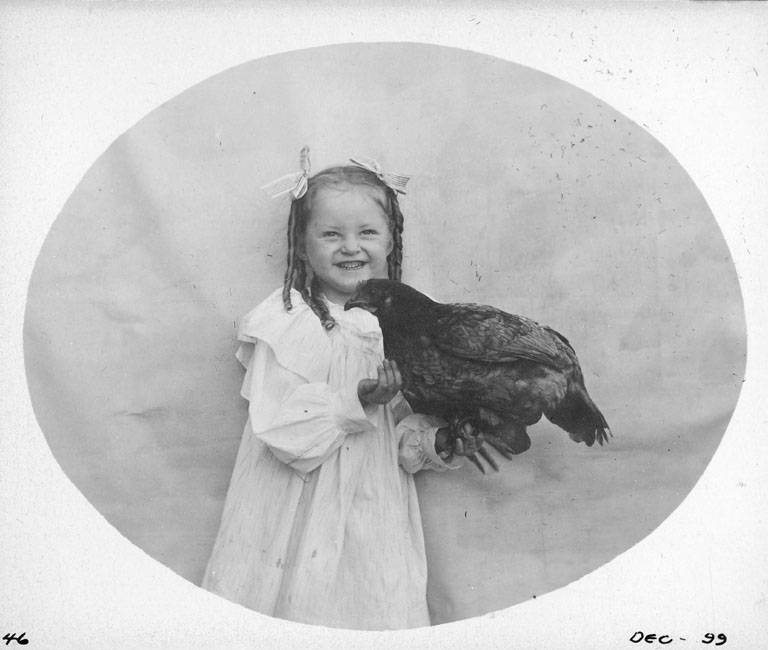Daemonism
"Daemonism is a practice of introspection, mindfulness, and self-soothing via visualizing one’s soul or inner voice as a corporeal being in the form of an animal that one can converse with, solve problems with, and bond with."
- spiderdaemon on Tumblr
"For us, dæmons are a part of our consciousness that we've assigned a name, gender, and usually, a symbolic animal form. They're glorified imaginary friends that act as the other side of our mental dialogue - sometimes being the voice of reason, devil's advocate, or just a friend. Simply put, dæmons play the role of mental companions, mental constructs often created from our internal dialogue."
- the daemon page
Daemonism - what is it really? It is hard to define, because there is no official definition and no authority on the subject that may dictate it. Daemonism stems from the works of Phillip Pullman, the author of the "His dark materials" book series that later spawned a movie and even later a serialized adaptation. In this world, many worlds exist (including our own) but the world of the main character differs from ours in the most crucial way: the souls of humans are not inside of them, but manifest as talking, sentient animals called "daemons".
These daemons appear at birth and turn to dust when their person dies. During their childhood, a daemon frequently shifts their shape, symbolizing how malleable a child's personality still is at that age. Once they get older, their daemon stops shifting and eventually settles on one form that they will keep until death.
A person and their daemon are very close, not only figuratively (having a strong emotional bond and relying on each other for company and comfort) but also literally - since a daemon may not physically stray too far from their person, because this will cause both significant pain. The aspect of separation is a major plot point in the books and is explored in unexpectedly harrowing ways.
What does this mean for us? For you? Nothing, if you don't want it to. The following is highly subjective, because I'll be writing about daemonism from my own (admittedly limited) experience with it.
I believe anyone can have a daemon, if they want to. It's nothing special, nothing spiritual that you need to deeply meditate over. Want one? Say, "I have a daemon" and you're halfway there.
"That's it? I don't feel any different."
I like to compare it to a body part: my elbow has always been there with me since birth, and acknowledging it doesn't really change anything about my situation. It just shifts my focus to it. This mindset also helps with the fear of "forgetting" your daemon. You can stop talking to it, you can stop acknowledging it, you can stop thinking about it - but your elbow will still be there. If you stop interacting with your daemon, they'll merge back into your subconscious - or wherever they came from. They won't "die", they won't "dissolve", they'll always be there once you're ready to talk to them again.
"Just talking? Surely there's more to daemonism than that!"
There is. Form finding, projection, lots of things. They are fun, but can be overwhelming for a first-time daemian (=person with a daemon). I recommend reading through the resources I've linked slowly, without rush, and really taking in everything you read. As I said, nothing will happen to your daemon if you take things slow.
